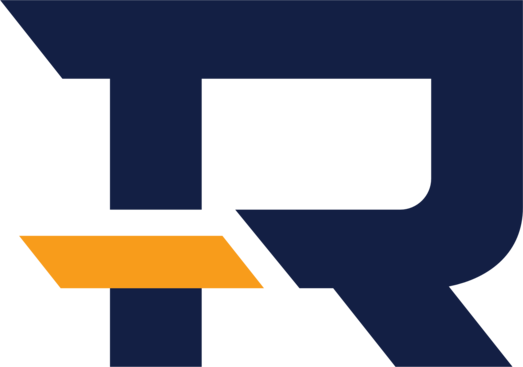 WIKI-ROVER
WIKI-ROVER
-
Start Your Online Course Journey Today

In today's rapidly evolving world, learning is not limited to traditional classrooms. The rise of online education has revolutionized the way we acquire knowledge and skills. Whether you're looking to enhance your career prospects, pursue a passion, or simply expand your horizons, starting an online course today can be a game-changer in your personal and professional development.
Available courses

AI TESTING
The DFT Data Logger course introduces learners to the fundamentals of collecting, recording, and analyzing digital data using data logging tools for monitoring and forensic purposes. It covers how data loggers capture real-time system and device information, store logs securely, and maintain data integrity for analysis and reporting. By the end of the course, learners gain practical knowledge in interpreting log data and applying data logging techniques for system monitoring, troubleshooting, and digital forensic investigations.
![ROV Pilot Technician Course (Basic) - [Part 1]](https://wiki-rover.com/pluginfile.php/6577/course/overviewfiles/1.png)
ROV Pilot Technician Course (Basic) - [Part 1]
This course is tailored for individuals aspiring to become ROV (Remotely Operated Vehicle) pilot technicians, offering a thorough understanding of the critical skills and knowledge necessary for effective operations in the offshore underwater industry. Comprising five informative modules, the course covers essential topics such as ROV operations, safety culture in accordance with ISO 45001:2018, ROV terminology, basic design and development principles, and the competency matrix required for personnel in the field. By the conclusion of the course, participants will be equipped with a robust foundation to advance their careers in the dynamic ROV industry.
![ROV Pilot Technician Course (Basic) - [Part 2]](https://wiki-rover.com/pluginfile.php/6624/course/overviewfiles/2.png)
ROV Pilot Technician Course (Basic) - [Part 2]
The ROV Pilot Technician Training course is designed to equip aspiring professionals with essential skills for operating Remotely Operated Vehicles (ROVs). Participants will learn about ROV inspection, maintenance, and troubleshooting, as well as the importance of competency development in the offshore industry. The course covers effective ROV dive planning and mobilization processes to optimize deployment and minimize operational issues. Additionally, it provides insights into project integration and case studies, along with training on electrical and hydraulic schematics for better understanding and troubleshooting. This comprehensive training prepares participants for successful careers in the ROV industry.
![ROV Pilot Technician Course (Intermediate) - [Part 1]](https://wiki-rover.com/pluginfile.php/6672/course/overviewfiles/3.png)
ROV Pilot Technician Course (Intermediate) - [Part 1]
The training program focuses on practical skills for ROV (Remotely Operated Vehicle) operations, covering key areas such as inspection, repair, and maintenance (IRM), pre-mobilization preparation, mobilization and demobilization processes, offshore operations, and piloting and mission planning. Participants will gain a comprehensive understanding of asset management, technical risk assessment, and the importance of documentation throughout each phase. This program aims to equip individuals with the necessary skills and knowledge for successful ROV operations in various environments.
![ROV Pilot Technician Course (Intermediate) - [Part 2]](https://wiki-rover.com/pluginfile.php/6722/course/overviewfiles/4.png)
ROV Pilot Technician Course (Intermediate) - [Part 2]
The ROV Pilot Technician Training course is designed to equip aspiring professionals with the skills needed to operate Remotely Operated Vehicles (ROVs) effectively. Participants will learn about ROV applications, components, and safe operation, with a focus on handling High Voltage (HV) systems in offshore environments. The course includes modules on high voltage power distribution, fiber optic systems, and troubleshooting techniques. Upon completion, participants will receive a certificate, preparing them for careers in offshore exploration, marine research, and underwater inspections.

ROV Practical: CV Control Van & Workshop
This course provides a foundational understanding of applied engineering principles, emphasizing practical applications in real-world scenarios. Participants will explore key topics such as engineering design processes, problem-solving techniques, and the integration of technology across various fields. Through hands-on projects and collaborative exercises, students will develop critical thinking skills and apply theoretical knowledge to practical challenges. By the end of the course, participants will be equipped with essential skills for further study or careers in engineering.
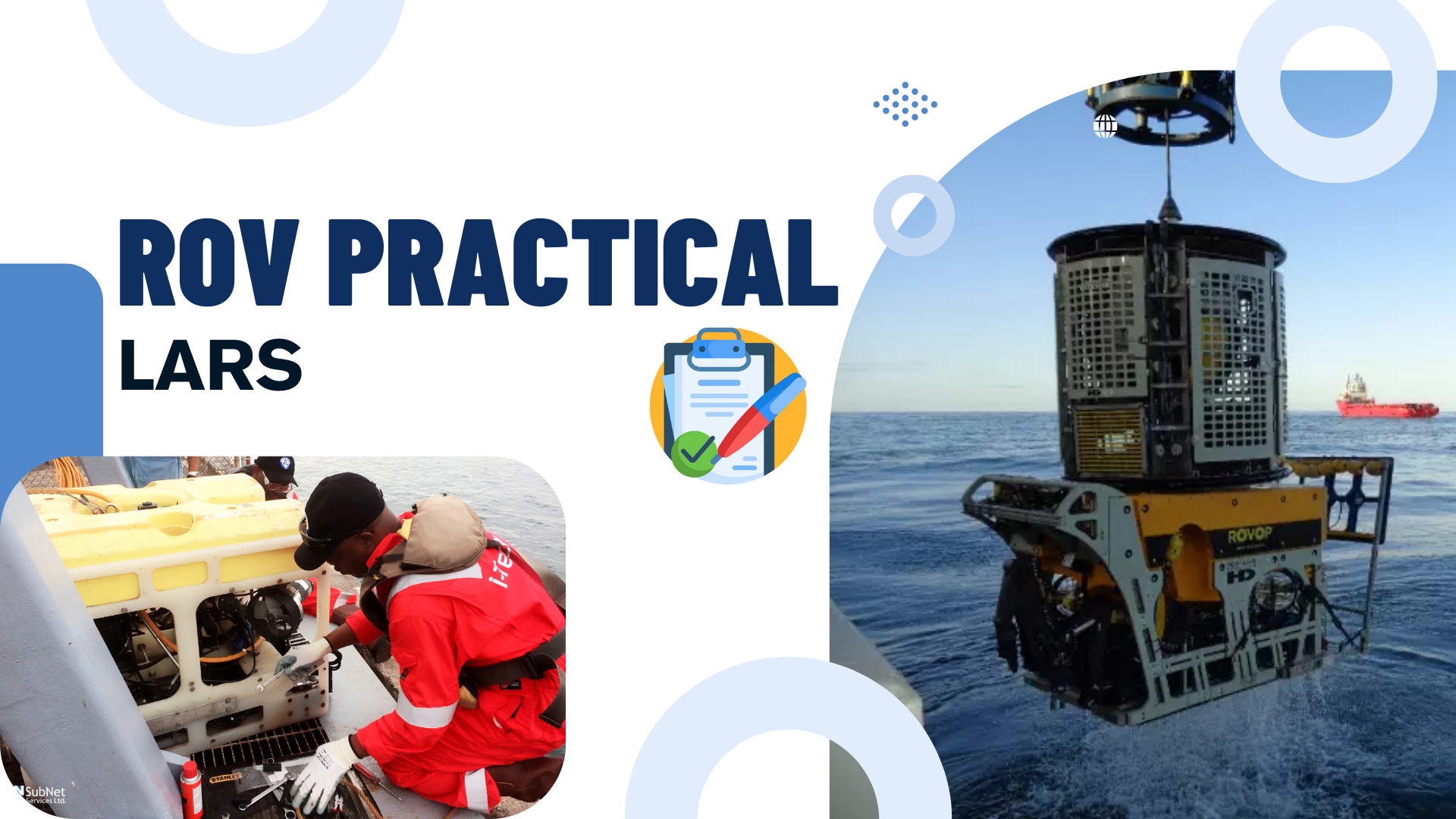
ROV Practical: LARS
The Launch and Recovery System (LARS) is a critical component for deploying and retrieving Remotely Operated Vehicles (ROVs), Autonomous Underwater Vehicles (AUVs), and other subsea equipment from offshore vessels. It incorporates an A-frame mechanism for safe handling and includes essential components such as the Hydraulic Power Unit (HPU), which supplies hydraulic power for operations, and the Umbilical Winch, which manages the cable that provides power and communication to submerged vehicles. The Charge Cart is also utilized for transporting and charging the vehicles. This course will focus on applied engineering fundamentals, providing participants with a thorough understanding of the LARS system and its components, thereby equipping them with the necessary knowledge for effective underwater operations in maritime industries.
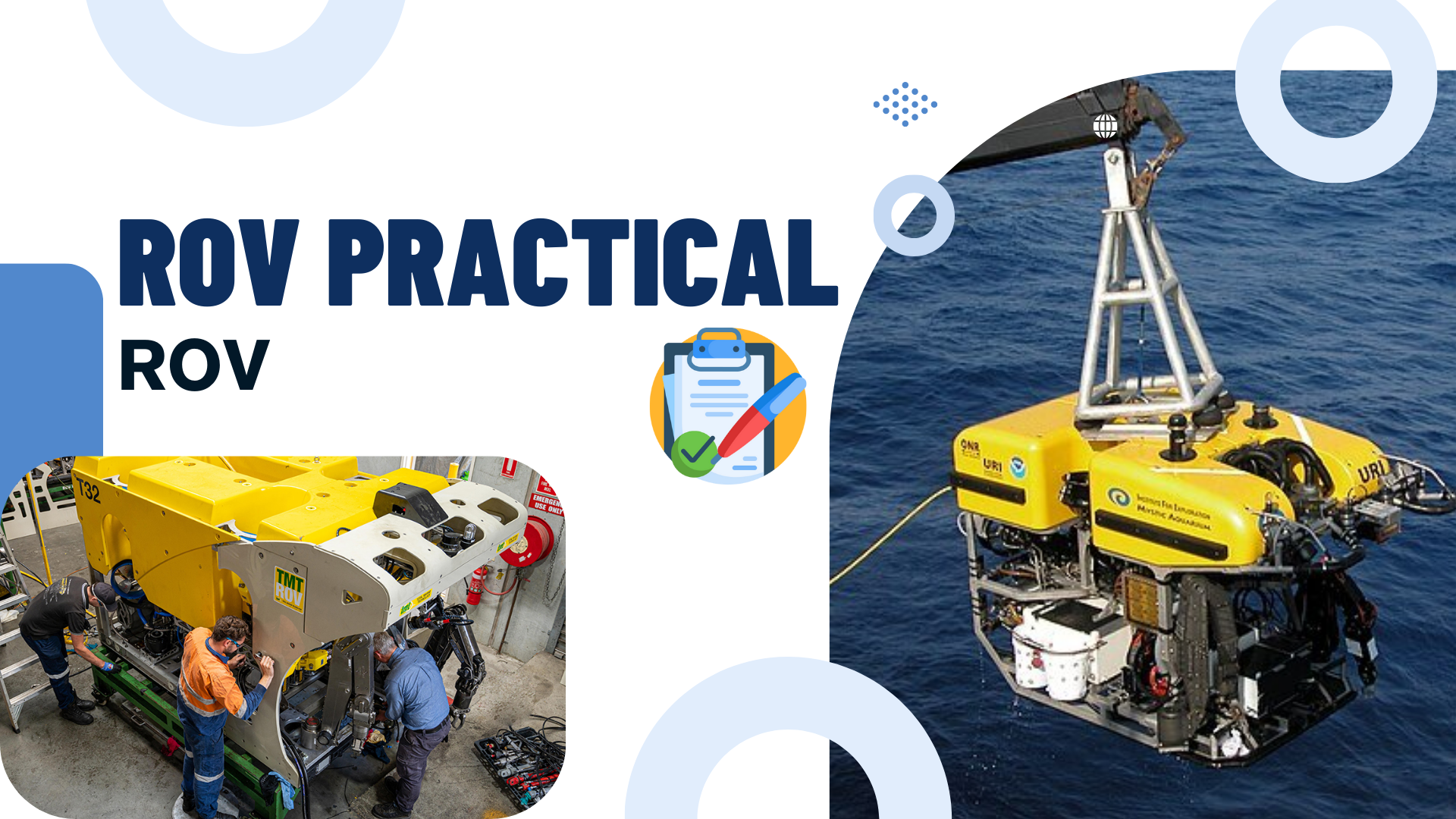
ROV Practical: ROV
The ROV Electrical System is fundamental to the operation of Remotely Operated Vehicles (ROVs), providing power, control signals, and data transmission for various subsystems such as propulsion, navigation, and communication. The ROV Hydraulic System is essential for operating tools and manipulators, using pressurized hydraulic fluid for tasks like cutting and lifting. The Hydraulic Power Unit (HPU) plays a crucial role in the Launch and Recovery System (LARS), supplying the hydraulic power necessary for the safe deployment and retrieval of ROVs and underwater equipment. This course will explore these systems to deepen understanding of their functions and applications, based on applied engineering principles.
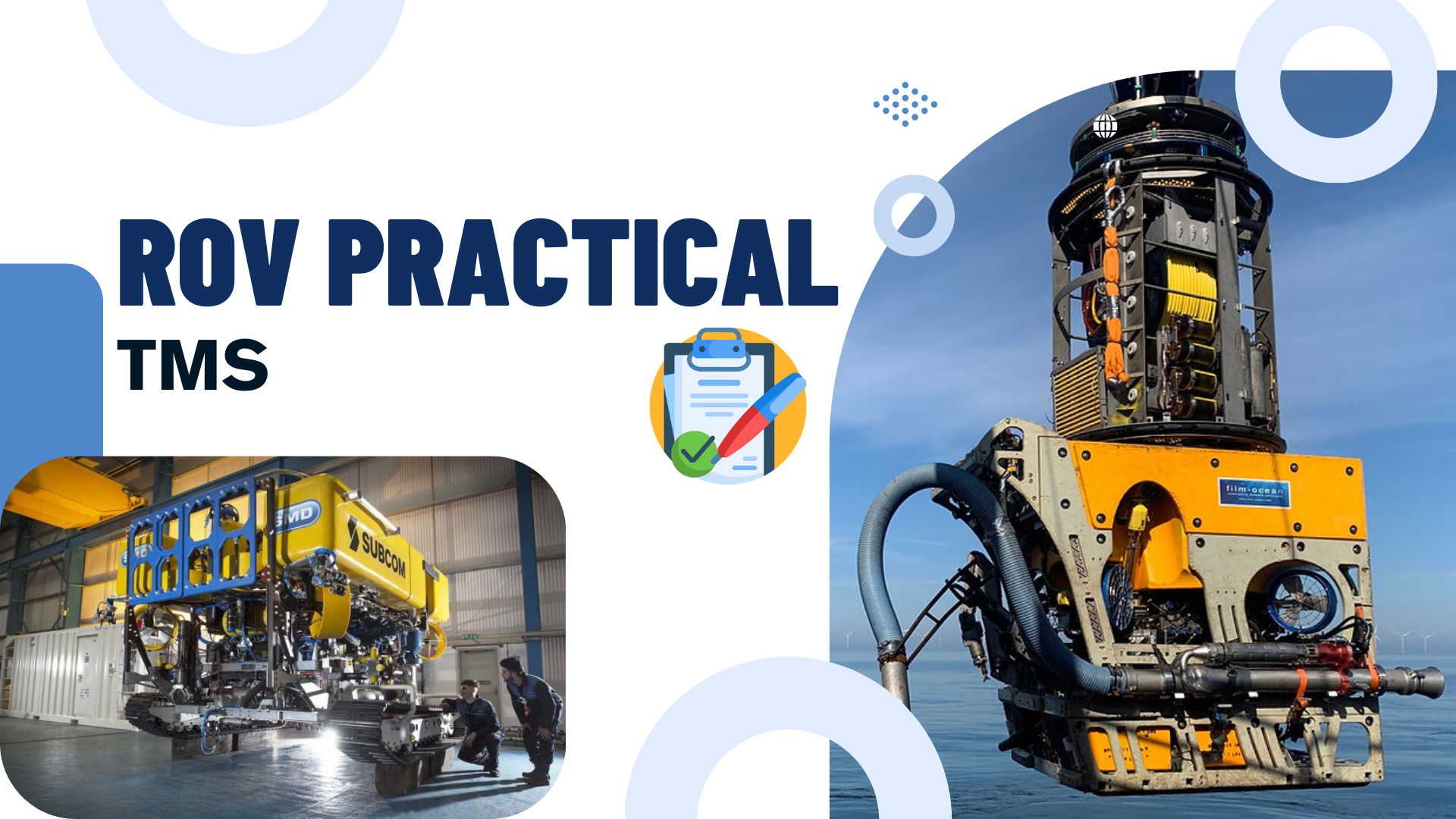
ROV Practical: TMS
The Tether Management System (TMS) is essential for the effective operation of Remotely Operated Vehicles (ROVs) in deep-sea environments, applying fundamental engineering principles. It comprises the TMS Electrical System, which manages power and communication, and the TMS Hydraulic System, which controls the deployment and retrieval of the ROV's tether, ensuring smooth operations and optimal tension. The TMS Structure serves as an intermediary between the surface vessel and the ROV, housing the tether reel for efficient tether management. This course will examine these components to enhance understanding of their roles and importance in ROV operations, grounded in applied engineering fundamentals.
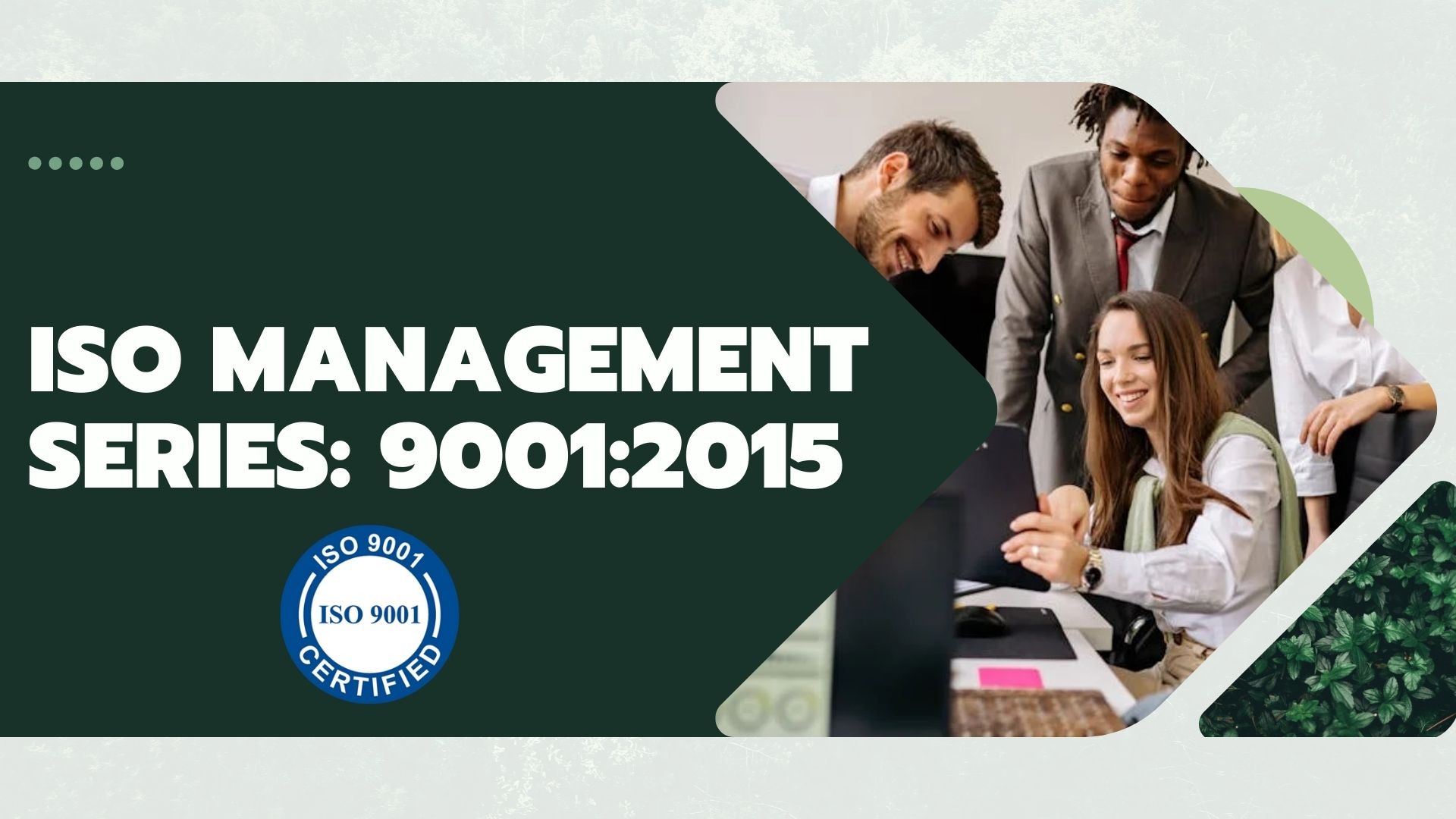
ISO Management Series: 9001:2015
ISO 9001:2015 is a global standard for quality management systems that helps organizations ensure their products and services meet customer and legal requirements. It focuses on improving processes, managing risks, and involving leadership in quality efforts. By following this standard, companies can improve customer satisfaction, streamline operations, and stay competitive in the market.
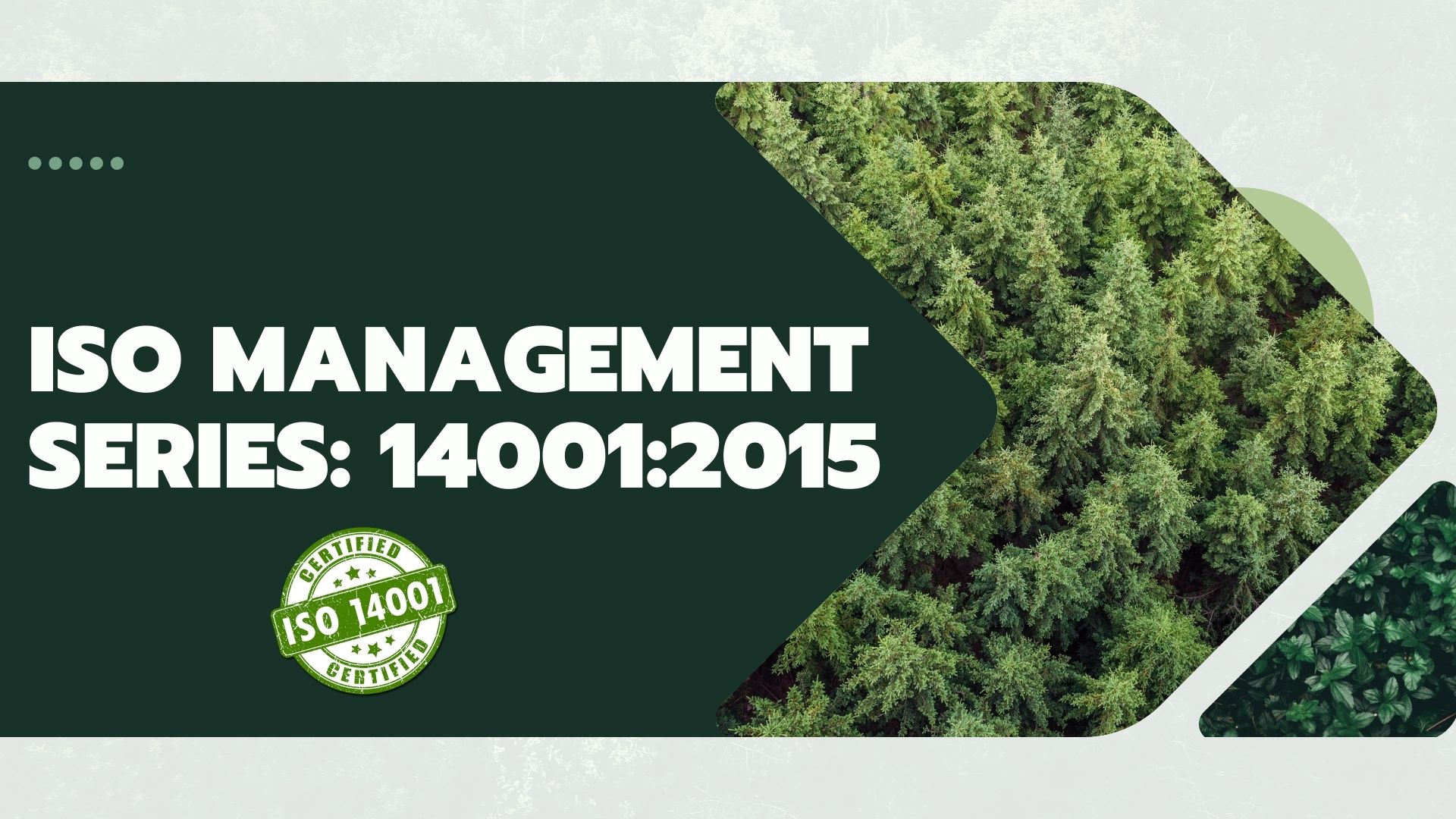
ISO Management Series: 14001:2015
ISO 14001:2015 is a global standard that helps organizations manage their impact on the environment. It guides companies in reducing waste, conserving resources, and meeting environmental regulations. By following this standard, businesses can improve their environmental practices and show their commitment to sustainability.
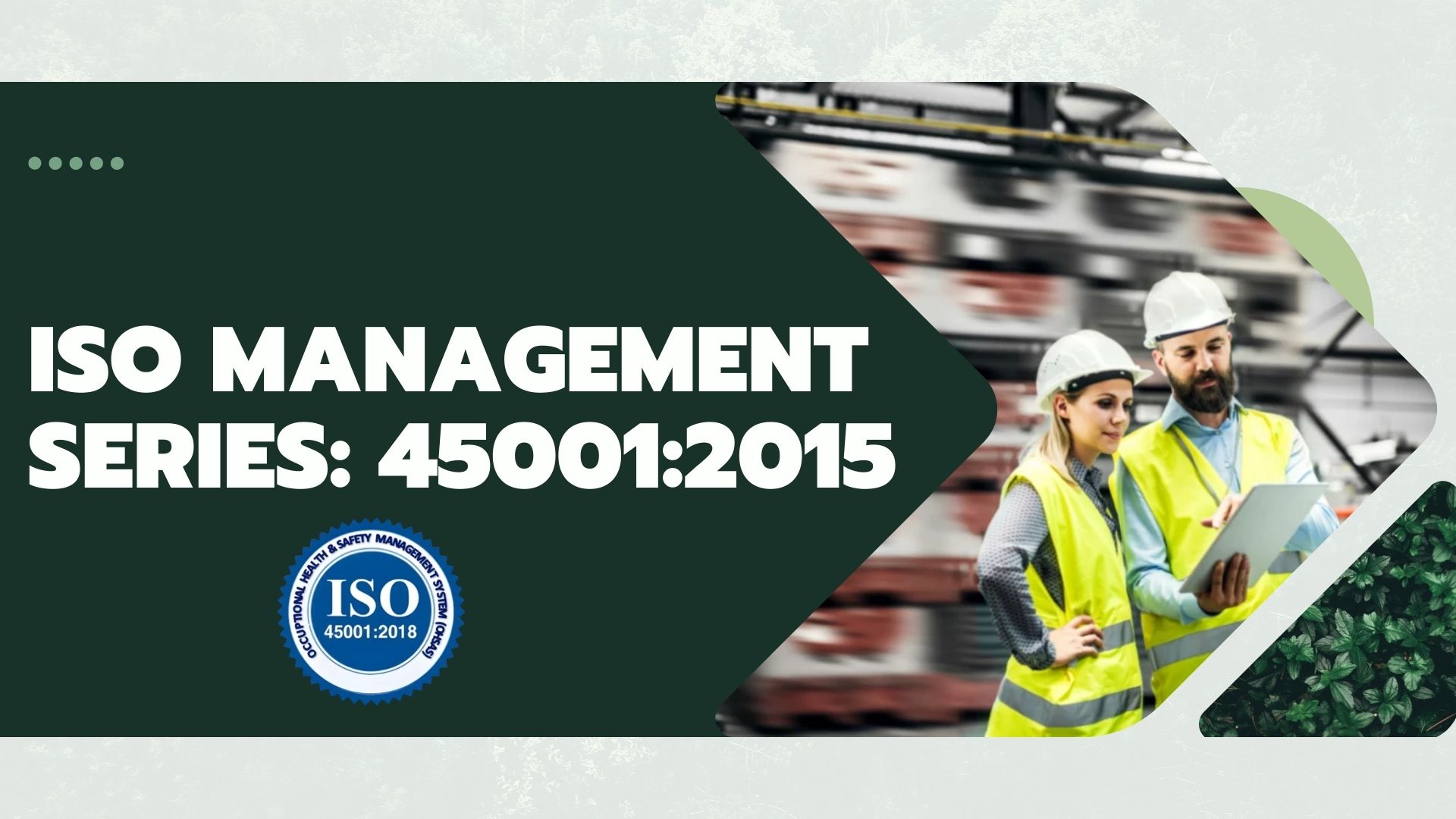
ISO Management Series: 45001:2018
ISO 45001:2018 is an international standard that helps organizations manage workplace health and safety. It provides guidelines to create a safer work environment by identifying risks, reducing hazards, and preventing accidents. By following this standard, companies can protect their employees, reduce workplace injuries, and improve overall safety.
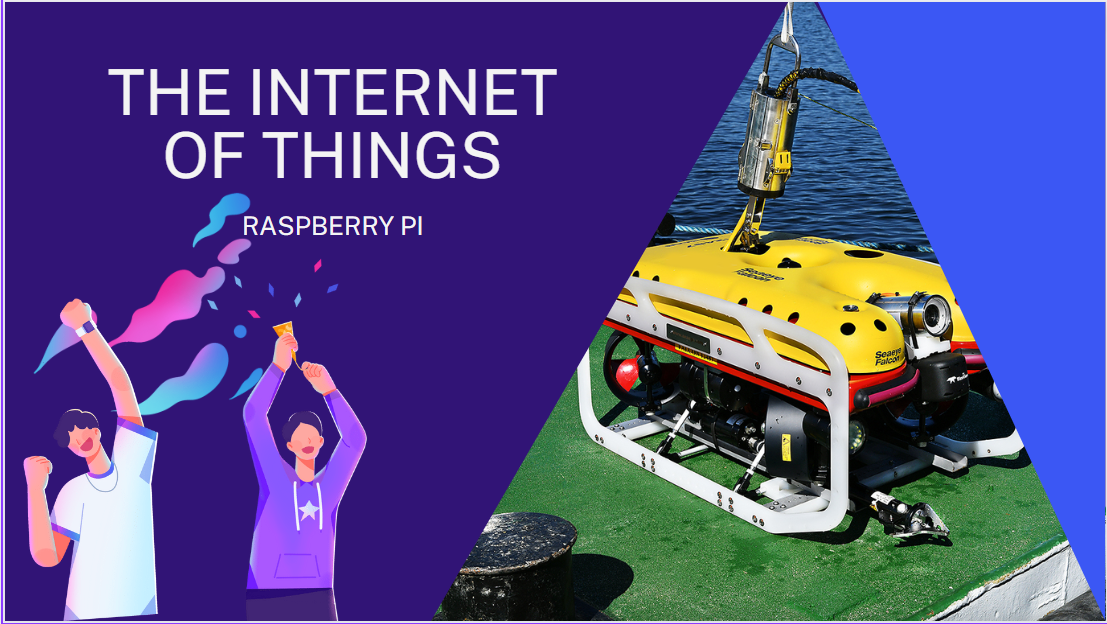
IOT RPI 1 PART 1
This course introduces employees to the fundamentals of the Internet of Things (IoT) using the Raspberry Pi platform. It focuses on practical skills in hardware setup, network management, remote access, and troubleshooting to support efficient IoT system development. Through hands-on labs, guided tutorials, and problem-based learning, participants gain the technical competency needed to configure, manage, and maintain IoT devices effectively in real-world applications.

IOT RPI 1 PART 2
This course introduces participants to key tools and protocols in IoT and network communication, focusing on FileZilla, SSH, and Node-RED. It emphasizes secure file transfer, encrypted remote access, and IoT workflow development for real-world applications such as subsea and topside system monitoring. Through hands-on projects and case studies, participants gain practical experience in building, managing, and automating IoT systems efficiently and securely.

IOT RPI 2 PART 1
This course provides an in-depth understanding of key communication protocols and server technologies essential for Industrial IoT (IIoT) and automation systems. It focuses on Modbus, MQTT, Serial USB, and RS-232, along with cloud servers and MQTT brokers, emphasizing scalability, reliability, and seamless system integration. Through theoretical learning and hands-on labs, participants gain practical experience in configuring, troubleshooting, and optimizing communication networks to ensure efficient and reliable industrial data exchange.

IOT RPI 2 PART 2
This course provides a comprehensive understanding of IoT communication and control systems, with a focus on Serial 485 (RS-485), PWM, and sensor/device interfacing. Participants learn to integrate hardware components, implement control mechanisms like joysticks, and apply Python programming for MQTT-based communication. Through hands-on labs and projects, the course develops the skills needed to design, troubleshoot, and optimize IoT systems for industrial and commercial applications.

ROBOT OPERATING SYSTEM PART 1
This course offers an in-depth introduction to the Robot Operating System (ROS), covering its architecture, communication methods, and key tools for simulation and visualisation. Through interactive lectures, hands-on labs, and project-based learning, participants will gain practical experience in developing, configuring, and managing ROS environments. By the end of the course, learners will be able to build modular and scalable robotic applications using both ROS 1 and ROS 2.

ROBOT OPERATING SYSTEM PART 2
This course offers an in-depth exploration of the Robot Operating System (ROS) and its role in developing autonomous systems. Participants will learn about autonomous vehicle architecture, sensor fusion, path planning, and SLAM, gaining hands-on experience with tools like ROS 2, Gazebo, and CARLA. Through practical simulations, case studies, and collaborative projects, learners will develop the skills to design, implement, and optimise autonomous navigation systems for real-world industrial and research applications.

ROBOT OPERATING SYSTEM PART 3
This course focuses on robot modelling and spatial awareness using ROS tools such as URDF and the TF Transformation System. Participants will learn to build, simulate, and visualise robot structures, manage coordinate frames, and integrate sensor data for real-time navigation and control. Through project-based learning and simulation-driven practice, learners gain hands-on experience in designing accurate robotic models and troubleshooting transformation issues for real-world automation applications.

ROBOT OPERATING SYSTEM PART 4
This course introduces the integration of Artificial Intelligence (AI) and Machine Learning (ML) with the Robot Operating System (ROS2) for intelligent robotics applications. Through hands-on modules, participants will learn navigation and object detection using TurtleBot3 and YOLO, explore the fundamentals of AI and ML, and apply algorithms such as k-NN, SVM, and k-means in robotic contexts. Using tools such as Gazebo, RViz2, Google Colab, and Python libraries, learners will gain practical experience in developing and deploying smart, data-driven robotic systems.
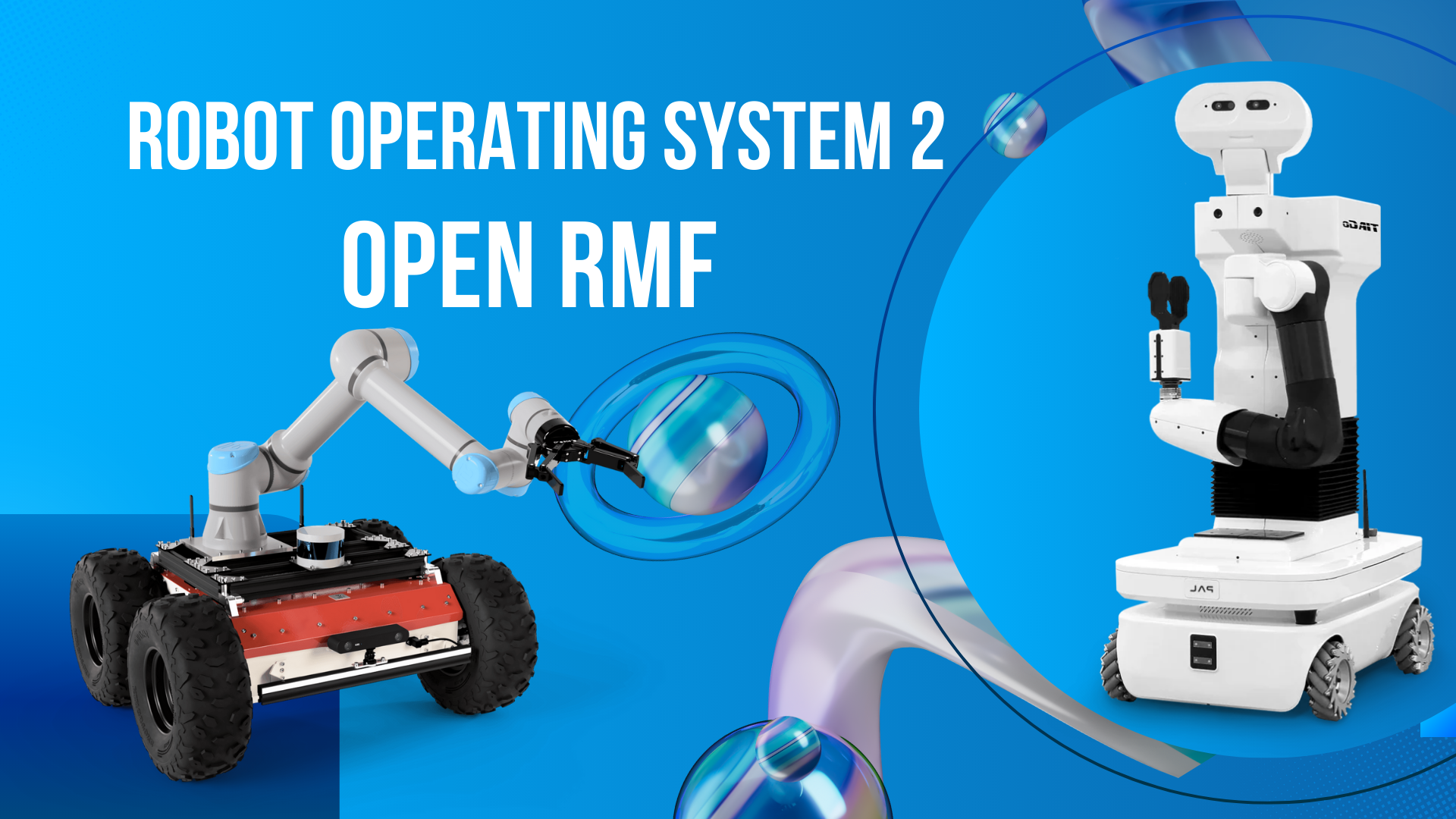
ROBOTIC OPERATING SYSTEM: OPEN RMF
This course introduces the Robot Management Framework (RMF) and its role in coordinating multi-robot systems across complex environments. Participants will learn to set up, configure, and optimise Open-RMF for efficient task scheduling, traffic management, and resource allocation. Through interactive lectures, simulations, and case studies, learners gain practical experience in managing robot fleets and applying RMF solutions to real-world settings such as warehouses, hospitals, and smart cities.

ROBOTIC PROCESS AUTOMATION
The Robotic Process Automation (RPA) course provides comprehensive training on automating business processes using RPA tools, specifically focusing on Automation Anywhere. This course is designed to equip participants with the knowledge and skills required to automate repetitive tasks, improve efficiency, and enhance productivity in their organizations.
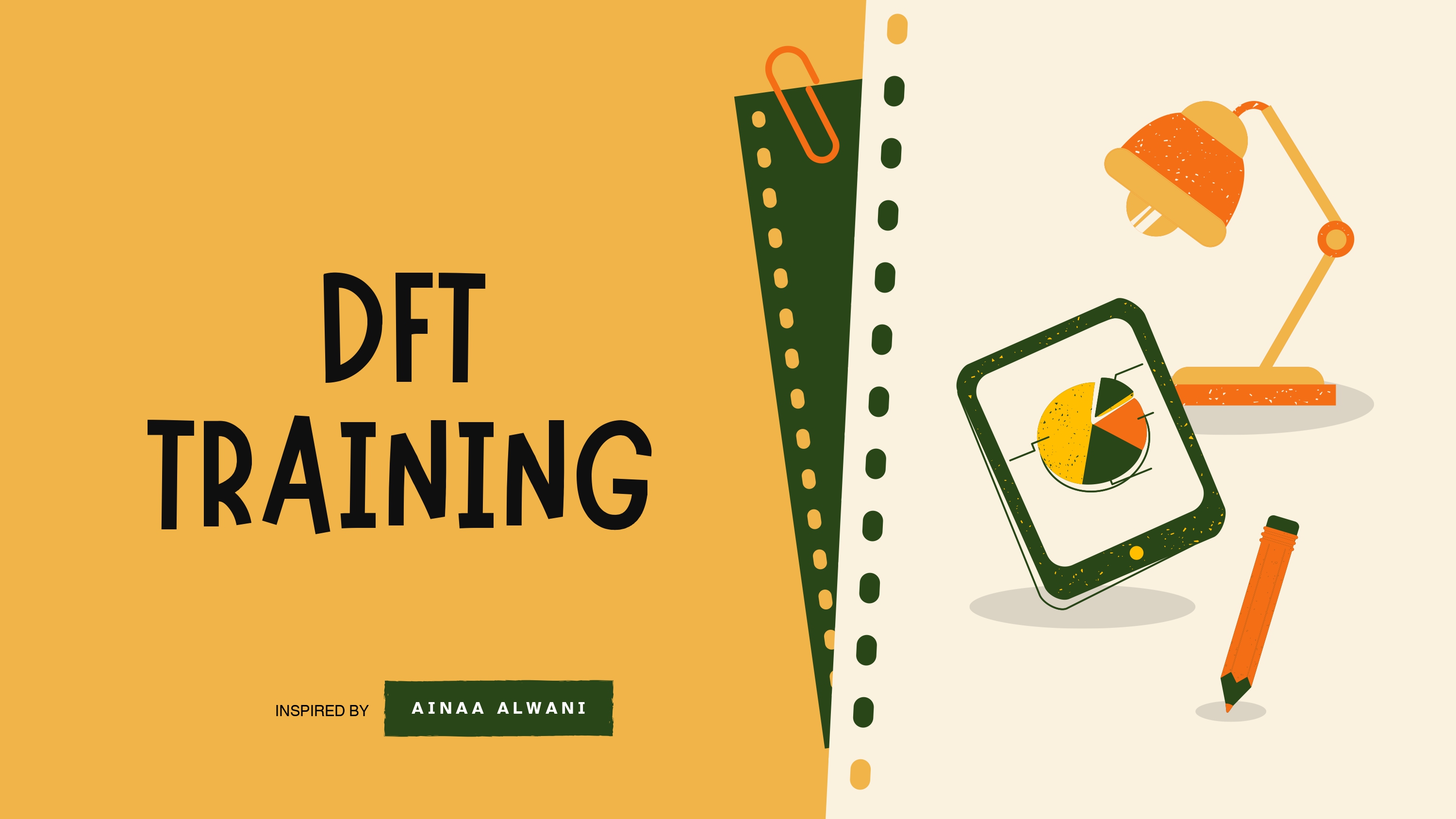
DFT TRAINING
The DFT Data Logger course introduces learners to the fundamentals of collecting, recording, and analyzing digital data using data logging tools for monitoring and forensic purposes. It covers how data loggers capture real-time system and device information, store logs securely, and maintain data integrity for analysis and reporting. By the end of the course, learners gain practical knowledge in interpreting log data and applying data logging techniques for system monitoring, troubleshooting, and digital forensic investigations.
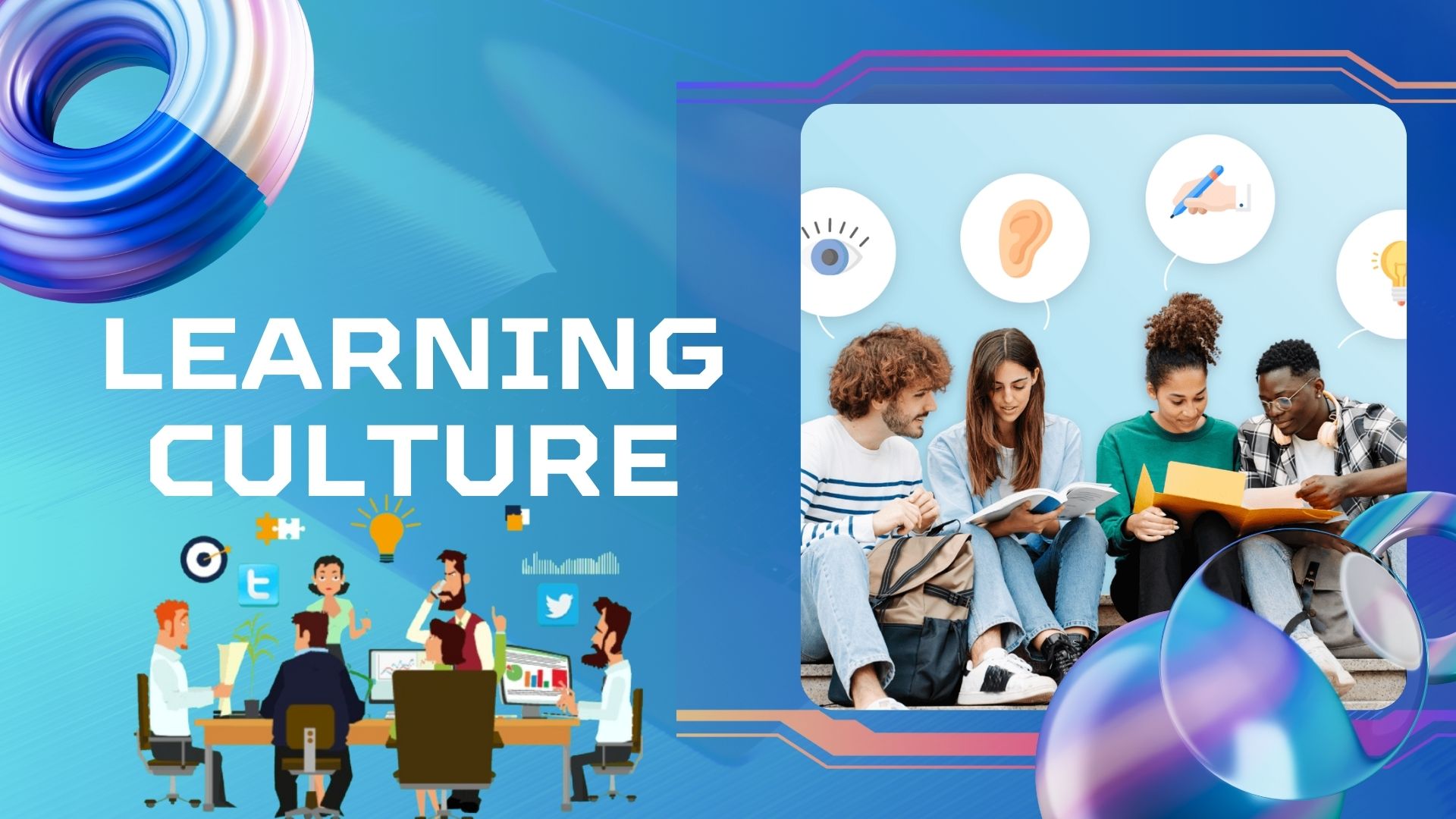
NTW: Learning Culture | Building Sustainable Change Through Learning
Learning Culture: Building Sustainable Change Through Learning equips leaders to build a workplace culture that values continuous learning for long-term growth. The course provides strategies to embed learning into daily practices, fostering innovation, adaptability, and sustainable success.
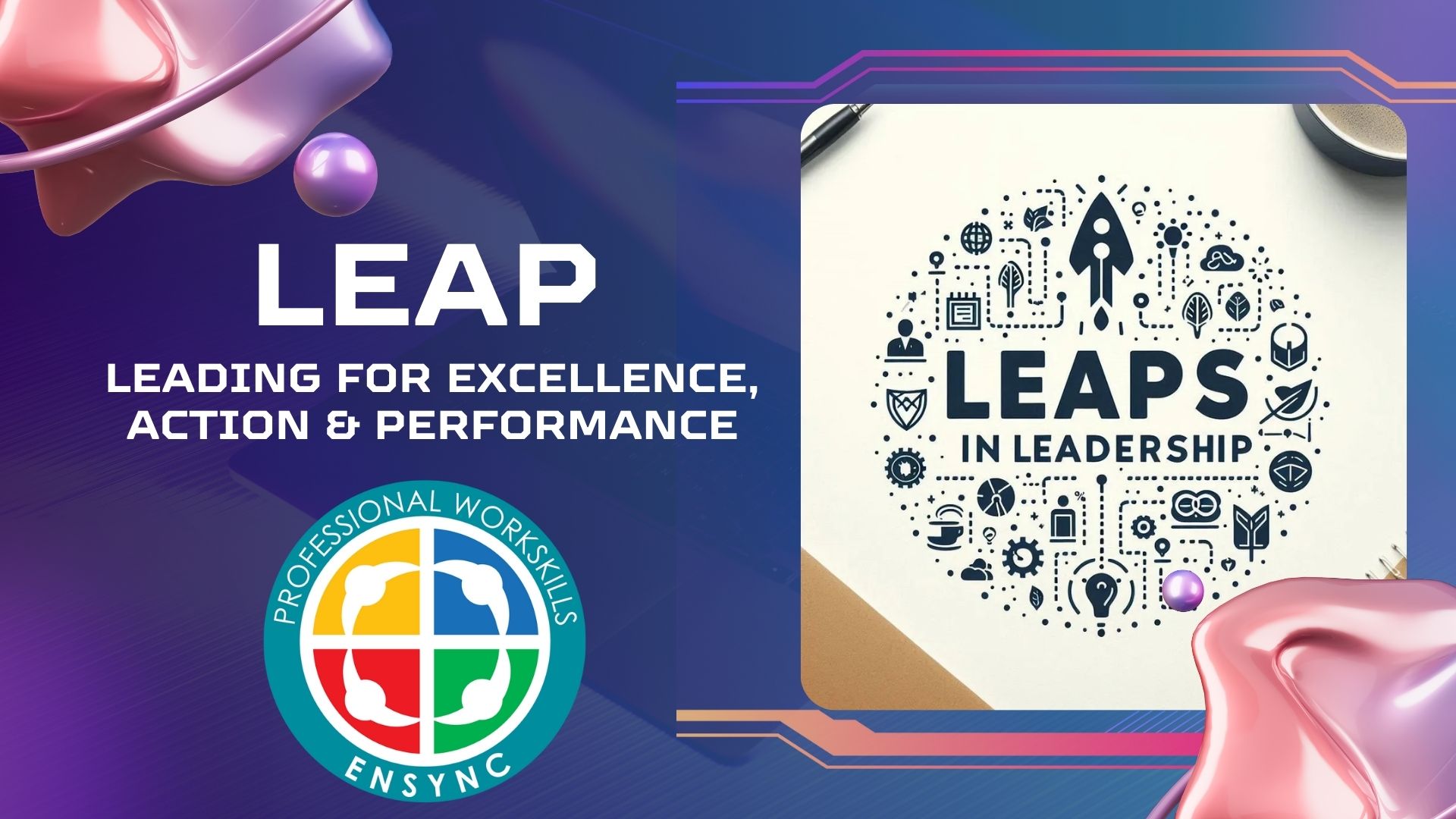
LEAP Leading for Excellence, Action & Performance
The LEAP: Leading for Excellence, Action & Performance course is designed to empower leaders with the skills and strategies needed to drive excellence and foster high performance within their teams. Focused on actionable leadership techniques, LEAP enhances participants' ability to lead with impact, optimize team productivity, and navigate challenges effectively.
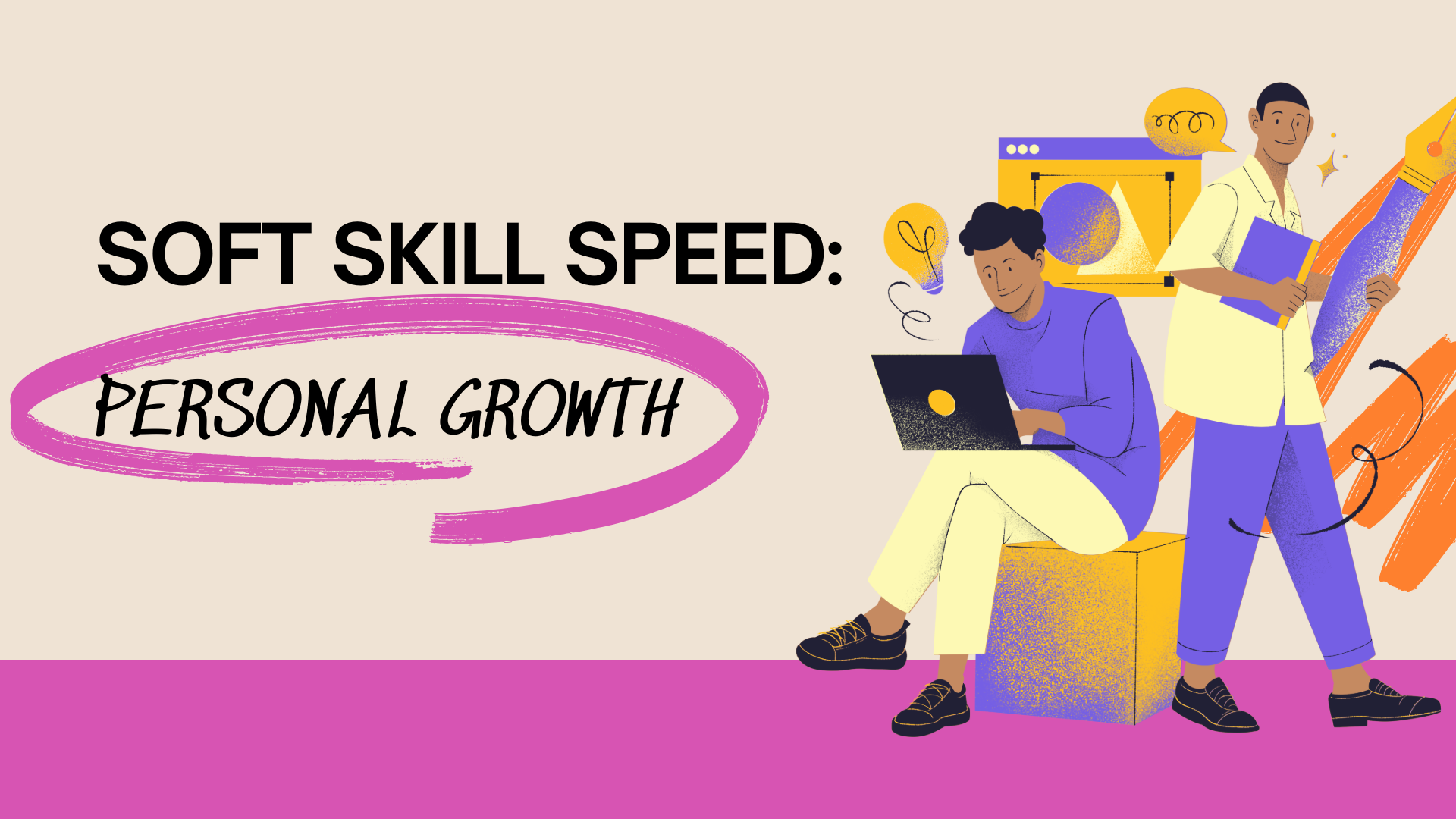
SOFT SKILLS SPEED: PERSONAL GROWTH
This course focuses on cultivating habits and mindsets that promote personal excellence. Learn to harness the power of positive thinking, build a confident and charismatic personality, and tap into the potential of your subconscious mind. Through practical techniques and frameworks, you’ll develop the resilience and optimism needed to achieve personal fulfillment and long-term success.
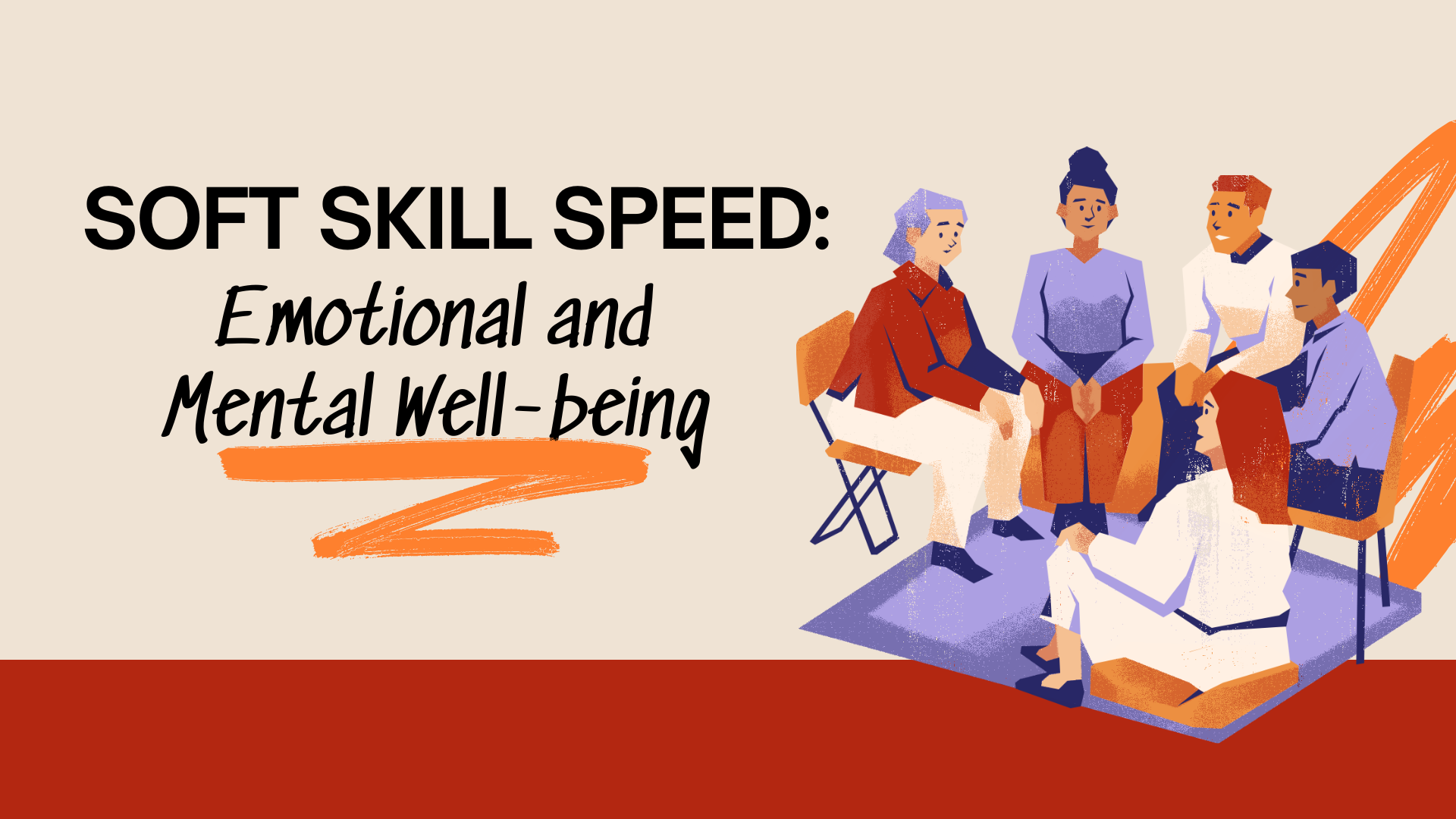
SOFT SKILLS SPEED: EMOTIONAL AND MENTAL WELL-BEING
Achieving emotional balance is essential for a fulfilling life. In this course, you will explore strategies for managing stress, controlling anger, and improving emotional intelligence. Cultivate a positive attitude, enhance self-awareness, and stay motivated to handle life’s challenges with composure and clarity.
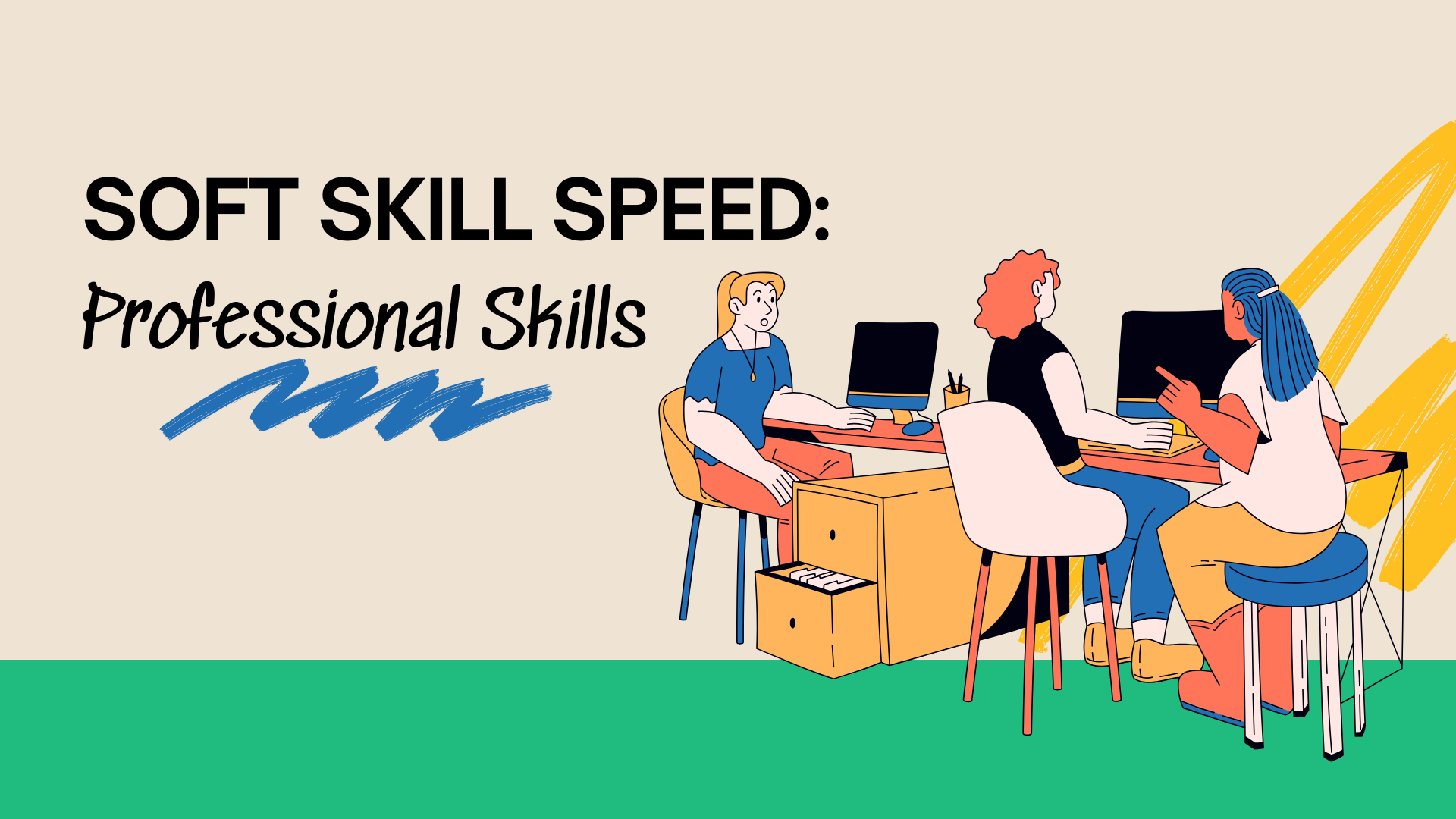
SOFT SKILL SPEED: PROFESSIONAL SKILLS
Enhance your career with essential professional skills. From mastering leadership and public speaking to honing conflict management and team-building abilities, this category provides tools to thrive in the workplace. You’ll also gain practical insights into excelling in interviews and sales, equipping you with the expertise to lead and inspire others effectively.

SOFT SKILLS SPEED: PRODUCTIVITY AND DECISION-MAKING
Boost your efficiency and make impactful decisions with this course. Learn time management strategies to optimize your schedule, develop self-confidence to tackle challenges head-on, and sharpen your decision-making skills. Additionally, discover techniques for persuasive communication and problem-solving to achieve personal and professional goals efficiently.
